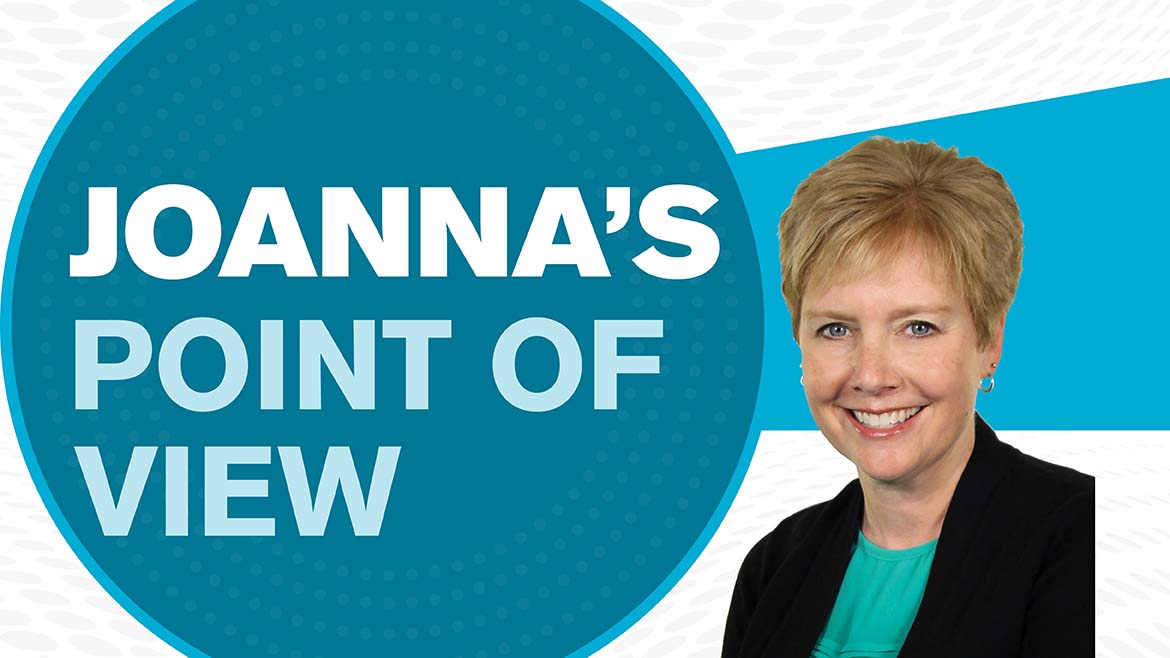As we head into fall and winter, many HVACR contractors are thinking about heating season. They’re hopeful that Mother Nature will cooperate and bless most of the U.S. with record-cold temperatures that will encourage customers to buy new heating equipment. Unfortunately, the presidential primary season is also heating up, which means a large number of politicians are trying to grab the spotlight by unveiling policies that they hope will entice Americans to vote for them.
Making public college tuition-free is a popular topic for most of the Democratic candidates, while at least two of them, Bernie Sanders and Elizabeth Warren, have introduced plans to cancel almost $1.6 trillion in student debt for some or all of the 45 million Americans who took out loans to pay for college. According to Sanders, too many Americans are “weighed down by the crushing burden of student debt,” and by canceling student debt, “that money will be freed up to spend on everything from housing to starting a business.”
While this may be exciting news to those who plan to attend – or who have already attended – college, there are many more Americans who do not have the desire or the means to attend a four-year university. For them, trade school is often a great option, as it helps them learn a skill – such as HVAC and refrigeration – that allows them to enter the workforce relatively quickly and with minimal debt. Several Democratic candidates, including Cory Booker, Julian Castro, and Bernie Sanders, have discussed making technical and trade schools tuition-free, while on the Republican side, the presumed presidential nominee, Donald Trump, signed an executive order in 2017 that expanded apprenticeship programs and vocational training.
As Barton James, ACCA president and CEO, noted, “President Trump's focus on skilled workers is having a positive impact on the heating and air conditioning industry. ACCA and contractors across the country are [committed] to hiring and training 75,000 men and women over the next five years. We are proud to work with the President and his Administration to achieve these goals."
So, maybe -- just maybe – trade schools will finally gain some momentum. In addition to presidential candidates talking about the benefits of vocational training on the campaign trail, there has been more favorable coverage of trade schools in the press as of late. The Wall Street Journal, for example, has run a series of articles over the last year, including a profile of a straight-A student who decided to attend a two-year technical school in order to become a diesel mechanic. Not only did she love to work on cars, she said the starting salary of $80/hour was very appealing.
According to a recent article in Popular Mechanics, “This is a golden time for postsecondary trade and tech schools…because, at least according to some, they’re finally shaking off the stigma that has dogged their students, instructors, and administrators for so long. [Some are now seeing] technology schools and programs as harbingers of a new economy and reformers of a postsecondary education system that’s become overpriced, over-valued, and often irrelevant.”
While trade schools may be getting more positive press, vocational education still has a long way to go. In 2009, the last year for which data is available, only about 19 percent of high school students were concentrating in vocational subjects, down from 24 percent in 1990. Still, with a growing number of discussions taking place about the benefits of learning a skill – and with a push from our presidential candidates -- perhaps more students will be encouraged to pursue a career in the trades.

